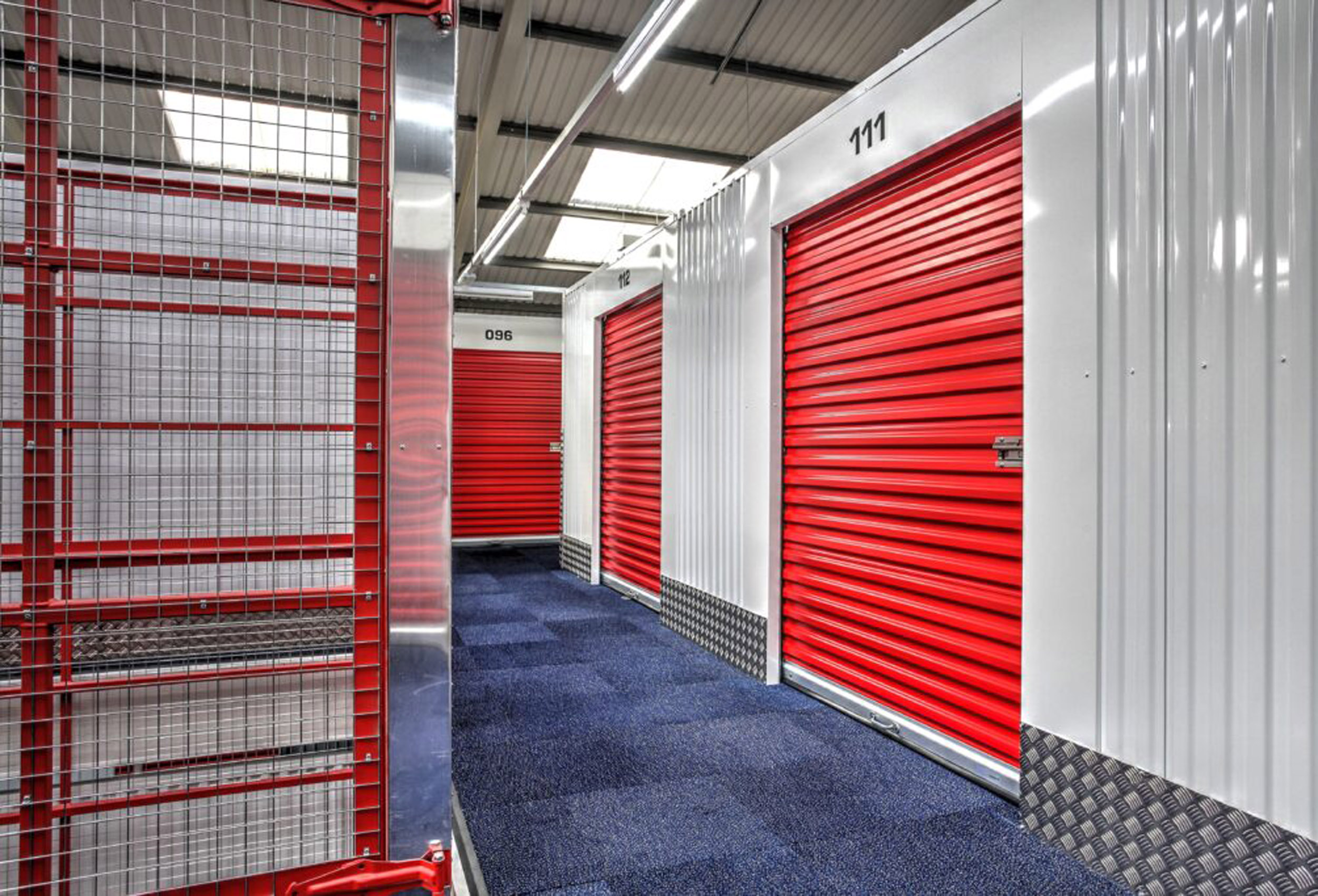Running a business often means accumulating inventory, documents, equipment, and seasonal items that don’t fit comfortably in your primary workspace. Over time, this can lead to cluttered offices, reduced productivity, and difficulty staying organized. Business self-storage offers a practical and cost-effective solution, providing companies with a secure, dedicated space to store excess items. Whether you need to store surplus stock, archive important documents, or keep seasonal equipment out of the way, self-storage helps businesses manage their space needs efficiently while maintaining operational flexibility. With options for various unit sizes and security features, it’s a convenient way to keep your workspace organized and focus on growing your business.
Why Business Self Storage Makes Financial Sense
Business self storage provides significant cost advantages compared to traditional commercial leasing. Renting additional office or warehouse space typically requires long-term commitments with substantial upfront costs. Storage units offer month-to-month flexibility at a fraction of the price, allowing businesses to scale their storage needs up or down based on current requirements.
Companies can redirect funds previously allocated to expensive commercial property towards core business activities. This cost-effectiveness proves particularly valuable for startups and growing businesses that need storage space but cannot justify permanent facility expansion.
The scalability factor addresses fluctuating business needs without penalty. During peak seasons, companies can rent additional units temporarily. When storage requirements decrease, businesses can reduce their footprint immediately without breaking lease agreements or paying penalties.
Enhanced Security for Business Assets
Modern self storage facilities implement comprehensive security measures that often exceed what businesses can provide independently. Video surveillance systems, gated access, individual unit alarms, and on-site management create multiple layers of protection for valuable business assets.
Climate-controlled units protect sensitive materials from temperature fluctuations and humidity damage. Important documents, electronics, and inventory remain in optimal condition year-round. This controlled environment prevents costly damage that could occur in basement storage or temporary facilities.
Selecting the Right Storage Solution
Location impacts both convenience and operational efficiency. Facilities near your business premises reduce travel time and transportation costs. Consider proximity to major roads and accessibility for delivery vehicles when evaluating options.
Unit size requirements depend on your specific storage needs. Accurately assess your inventory volume, including future growth projections. Facilities typically offer various sizes, from small units suitable for document storage to large spaces accommodating substantial inventory or equipment.
Security features vary between facilities. Look for properties with individual unit alarms, robust access control systems, and adequate lighting. Review the facility’s insurance requirements and consider whether additional coverage is necessary for your stored items.
Maximising Storage Efficiency
Effective inventory management transforms storage units from simple repositories into functional business tools. Implement clear labelling systems and maintain detailed records of stored items. Regular inventory audits prevent overordering and identify slow-moving stock that might require different handling strategies.
Document storage requires systematic organisation to maintain accessibility. Archive older records whilst keeping frequently accessed files readily available. Digital backup systems complement physical storage, providing redundancy for critical business information.
Seasonal items benefit from strategic storage timing. Retail businesses can store off-season inventory, whilst service companies can house equipment used only during specific periods. This approach frees up valuable workspace for current operational needs.
Smart Storage Creates Business Advantages
Business self storage represents more than temporary space solutions. It provides strategic advantages that support growth, reduce overhead costs, and improve operational efficiency. Companies that implement thoughtful storage strategies gain competitive advantages through better resource allocation and enhanced organisational capabilities.
The flexibility to adapt storage needs quickly helps businesses respond to market changes without significant capital investment. This agility proves particularly valuable in dynamic industries where inventory requirements fluctuate seasonally or cyclically.

Comments are closed